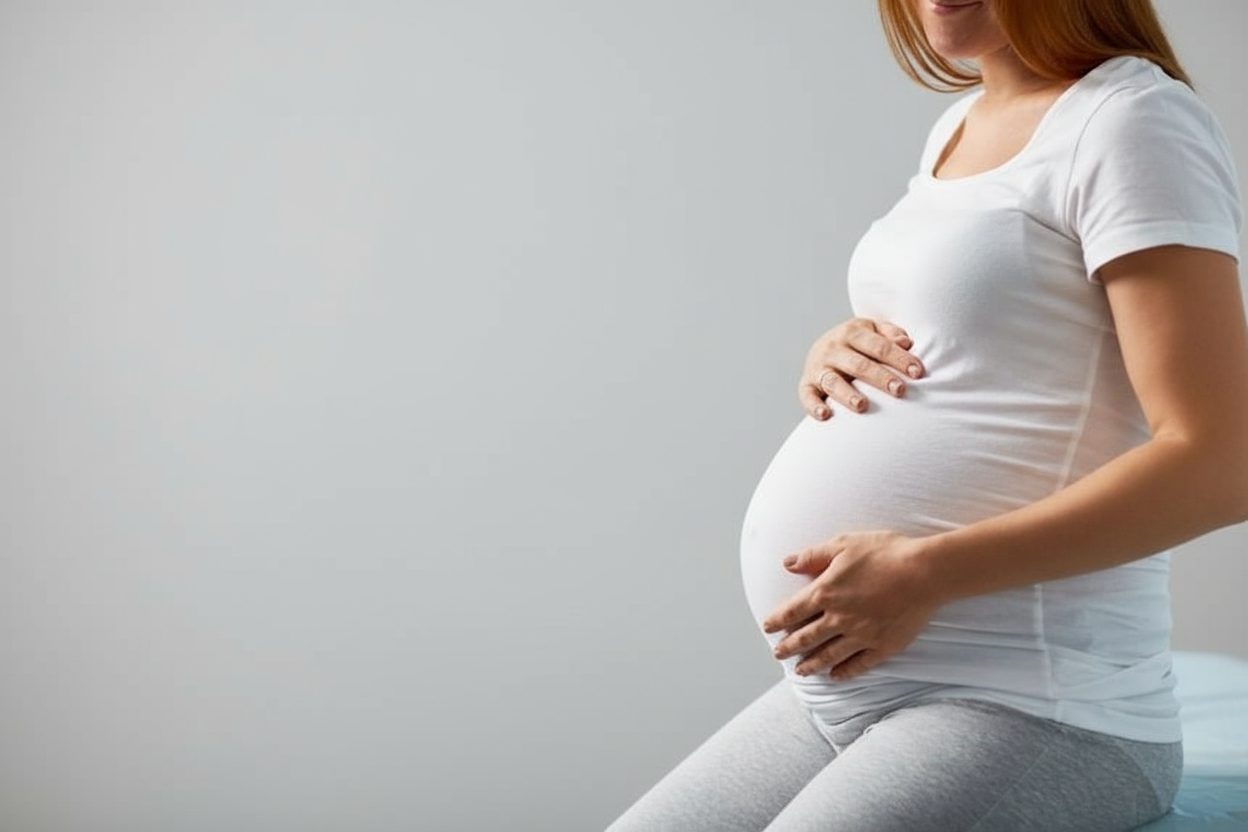
During pregnancy, your body needs extra nutrients, vitamins, and minerals to support your baby’s growth and keep you healthy. A balanced diet filled with nutritious foods can help ensure proper development, boost energy, and reduce the risk of complications. Here are 10 essential foods that provide the key nutrients every expectant mother needs for a healthy pregnancy.
1. Leafy Green Vegetables
Spinach, kale, and broccoli are rich in folate (vitamin B9), which is crucial for the early development of your baby’s brain and spinal cord. They also contain fiber, iron, and calcium to support digestion and strengthen bones.
2. Eggs
Eggs are one of the most complete sources of protein, containing essential amino acids that support your baby’s growth. They also provide choline, a nutrient important for brain development and preventing neural tube defects.
3. Lentils and Beans
Lentils, chickpeas, and other legumes are packed with protein, fiber, folate, and iron. These nutrients help maintain steady energy levels, prevent constipation, and support the formation of your baby’s organs and tissues.
4. Greek Yogurt
Greek yogurt provides a rich source of calcium and probiotics, both of which are vital during pregnancy. Calcium supports the baby’s developing bones and teeth, while probiotics promote good gut health and reduce the risk of infections.
5. Berries
Blueberries, strawberries, and raspberries are full of antioxidants, vitamin C, and fiber. They help strengthen your immune system, improve digestion, and support the absorption of iron—an essential mineral during pregnancy.
6. Avocados
Avocados are a powerhouse of healthy fats, folate, potassium, and vitamin C. Their monounsaturated fats support your baby’s brain and tissue development while also helping reduce leg cramps and fatigue in expectant mothers.
7. Sweet Potatoes
Sweet potatoes are rich in beta-carotene, which the body converts into vitamin A—essential for your baby’s eye, skin, and organ development. They also contain fiber to support digestion and stabilize blood sugar levels.
8. Salmon
Salmon is an excellent source of omega-3 fatty acids, which promote your baby’s brain and eye development. It also provides high-quality protein and vitamin D. Choose wild-caught or low-mercury fish and limit intake to 2–3 servings per week.
9. Nuts and Seeds
Almonds, walnuts, chia seeds, and flaxseeds are packed with protein, fiber, and omega-3 fatty acids. These nutrients support the baby’s brain development and help keep your energy levels stable throughout the day.
10. Whole Grains
Whole grains like oats, brown rice, and quinoa are excellent sources of complex carbohydrates, B vitamins, and fiber. They help prevent constipation, stabilize blood sugar levels, and provide long-lasting energy for pregnant women.
Final Thoughts
Eating a balanced and nutrient-rich diet during pregnancy ensures both you and your baby stay healthy and strong. Include a variety of whole foods—fruits, vegetables, lean proteins, healthy fats, and whole grains—to meet your nutritional needs. Pair your diet with plenty of water, rest, and prenatal vitamins as advised by your healthcare provider for the healthiest pregnancy possible.
Disclaimer: This article is for general informational purposes only and should not be considered medical advice. Natural foods, herbs, and essential oils may support wellness, but results can vary for each individual. Always consult your doctor or a qualified healthcare professional before starting any new diet, supplement, or treatment, especially if you have an existing medical condition or are taking medication. The author and publisher are not responsible for any possible side effects or adverse reactions from the use of the information contained herein.
MORE FOR YOU
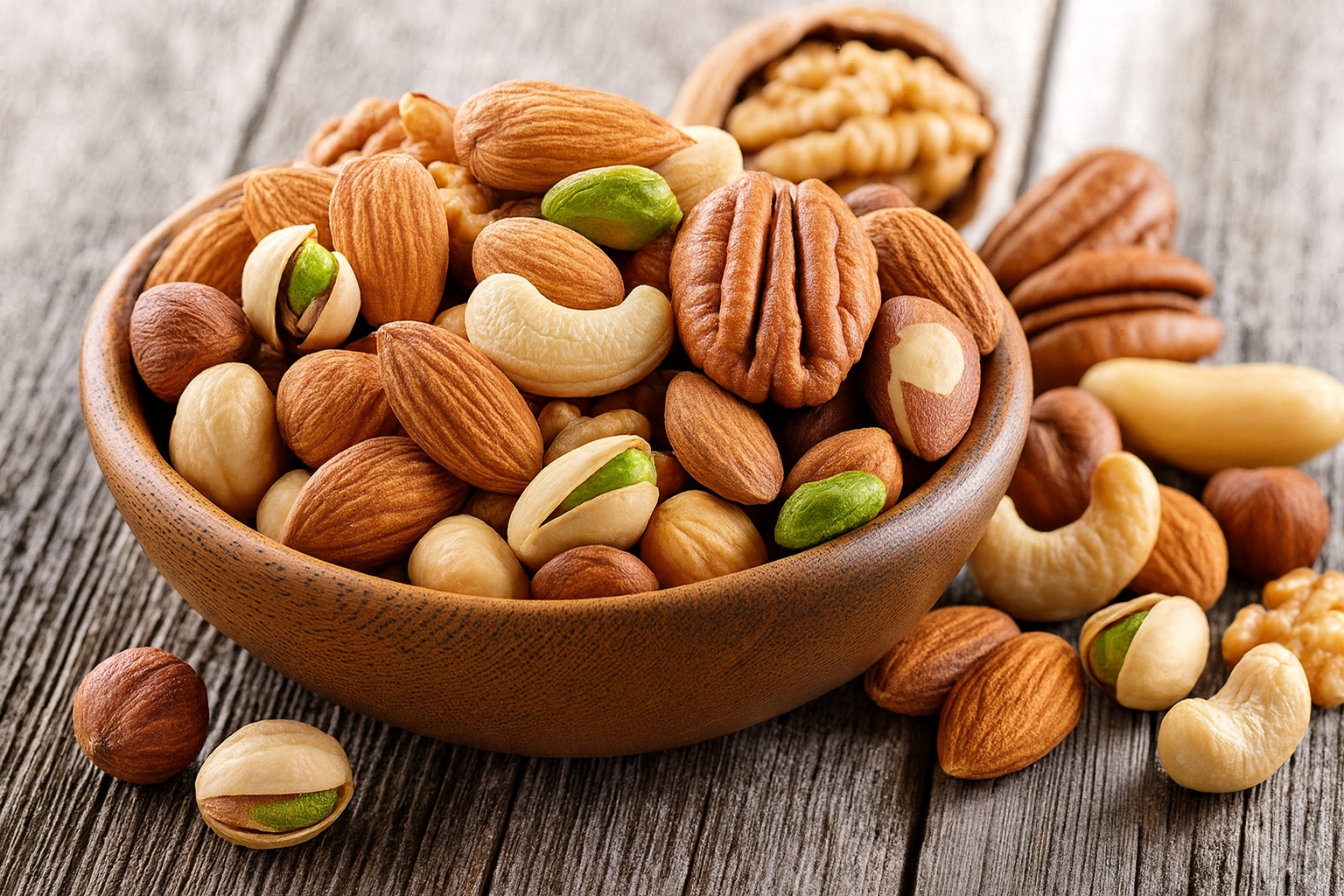
7 Magnesium-Rich Nuts and Seeds to Add to Your Diet
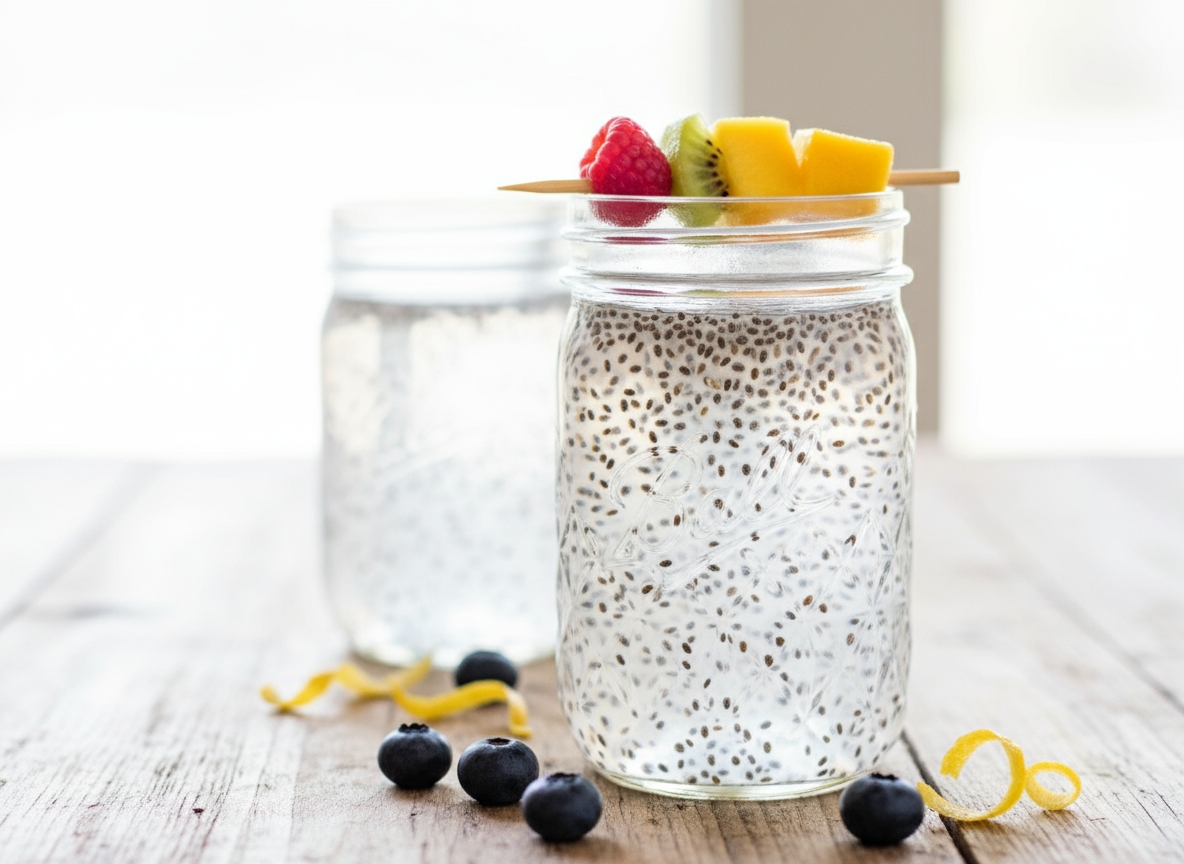
7 High-Fiber Foods That Beat Chia Seeds for Digestive Health
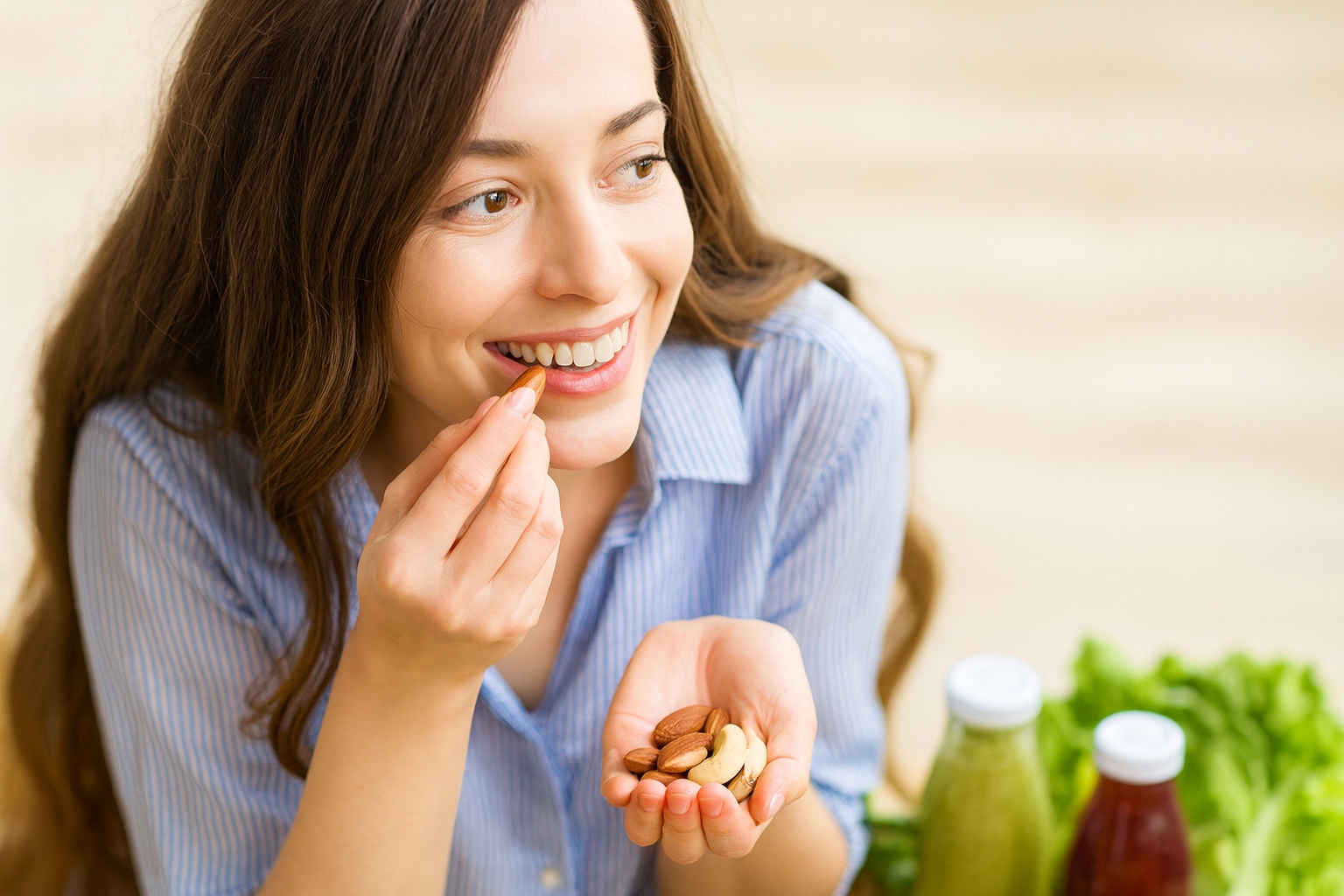
Healthy and Filling: 15 High-Protein Snack Ideas
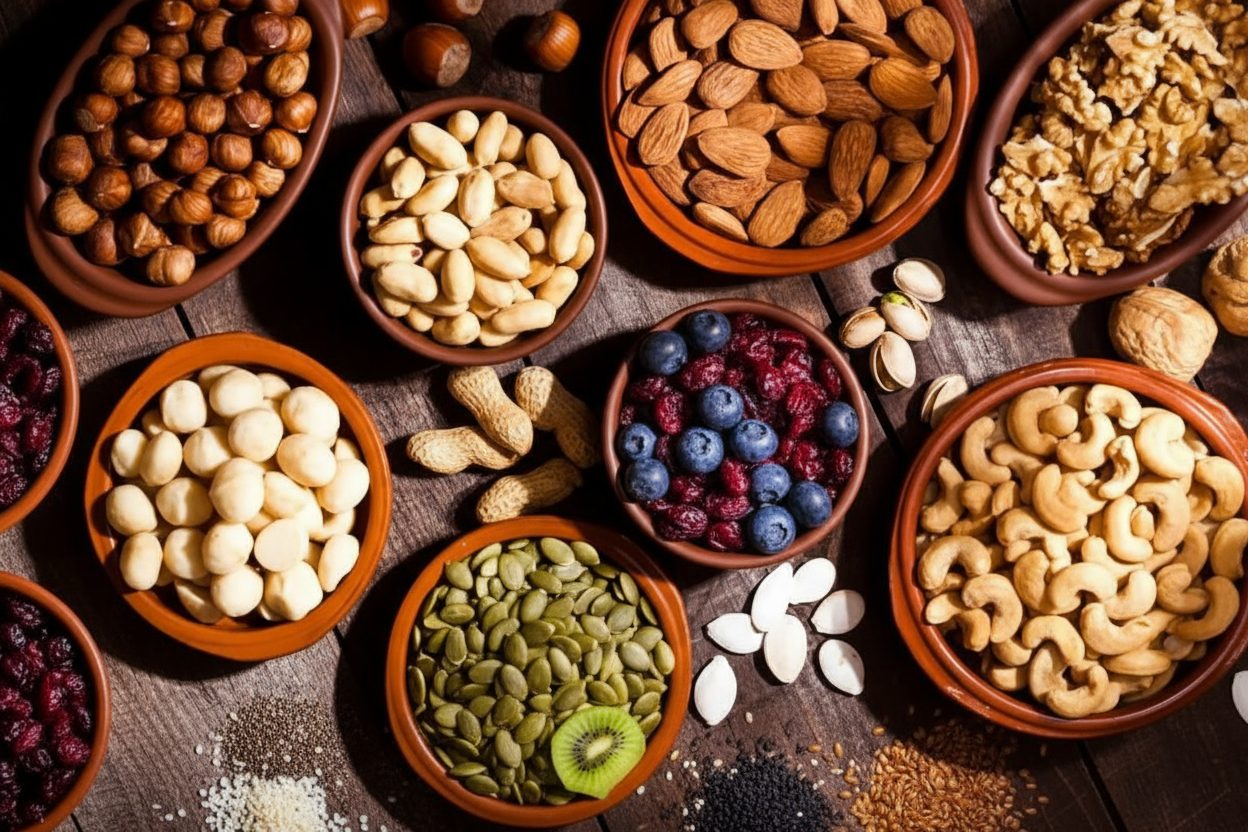
The 10 Best Protein-Rich Nuts for Energy and Satiety

The Best 10 Fiber-Rich Foods for Healthy Weight Loss
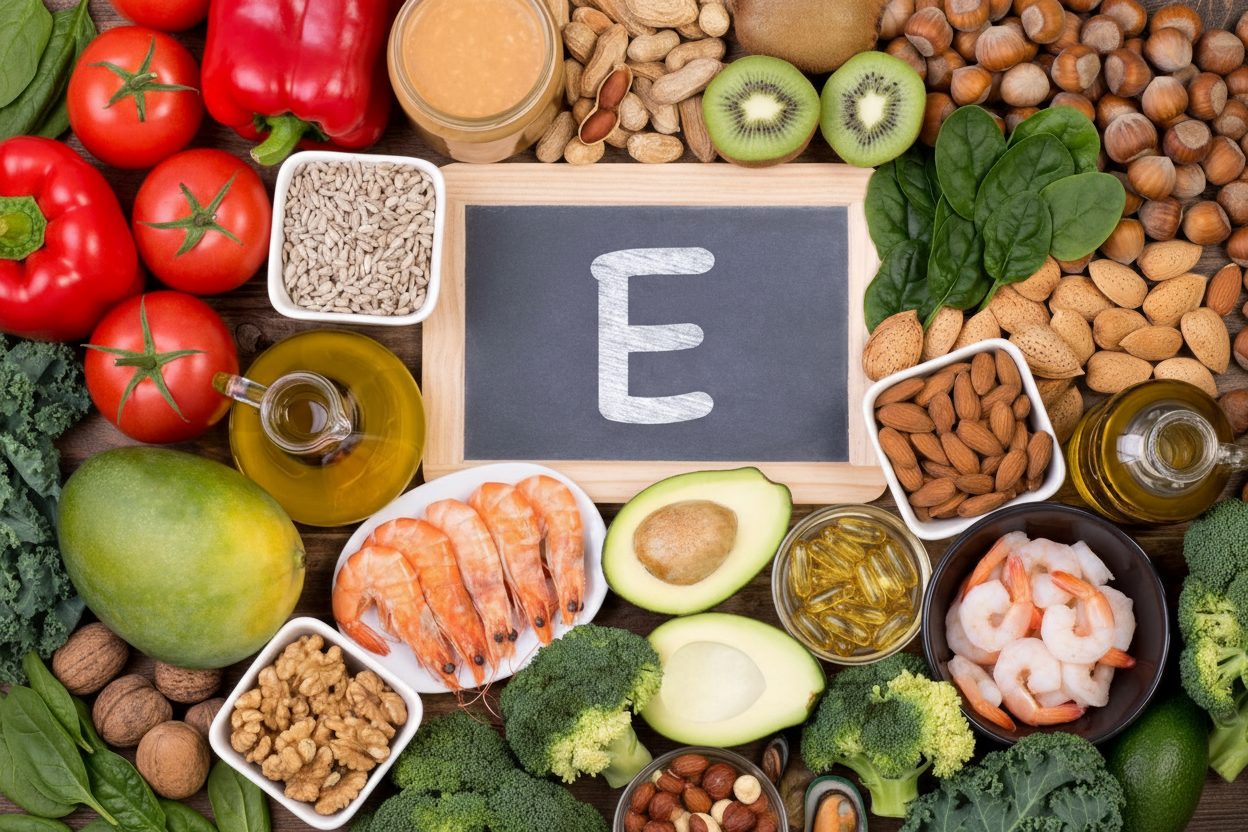
5 Nutrient-Rich Foods That Deliver More Vitamin E
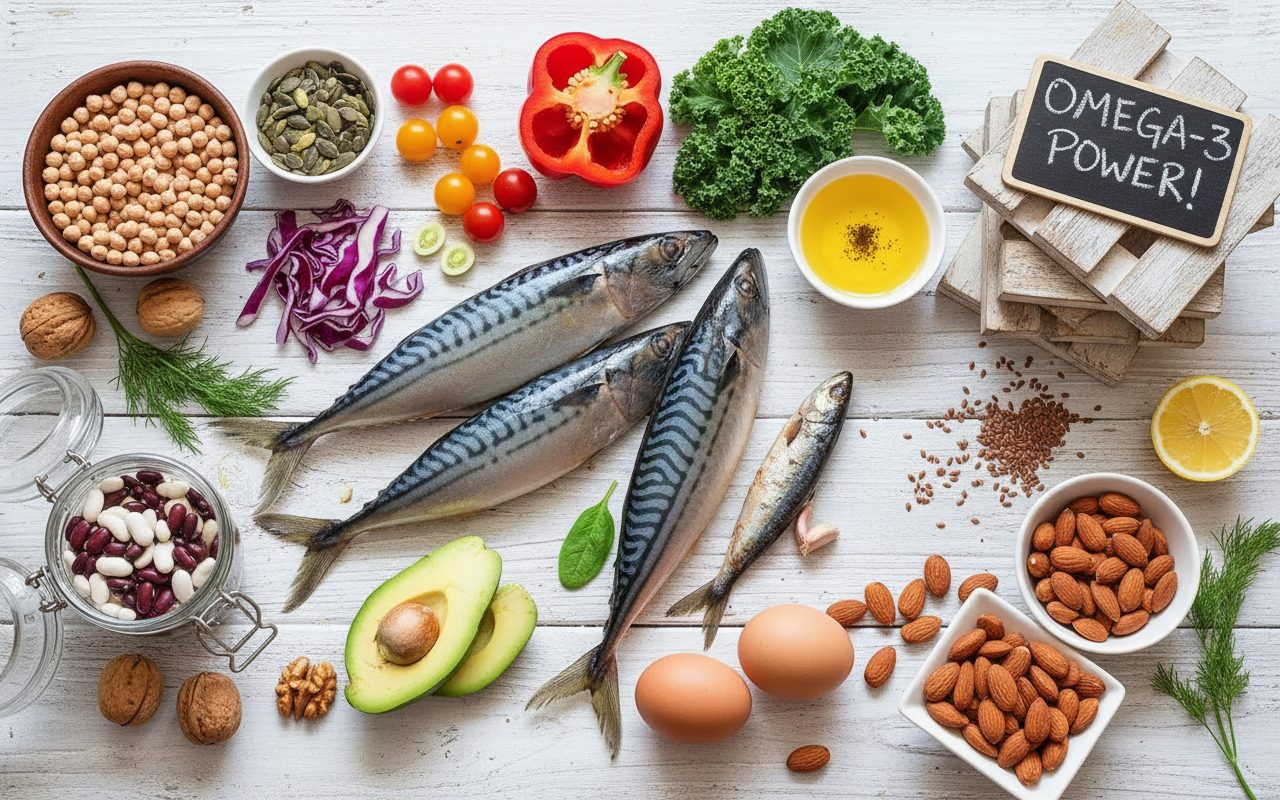
7 Nutrient-Dense Foods High in Omega-3 Fatty Acids
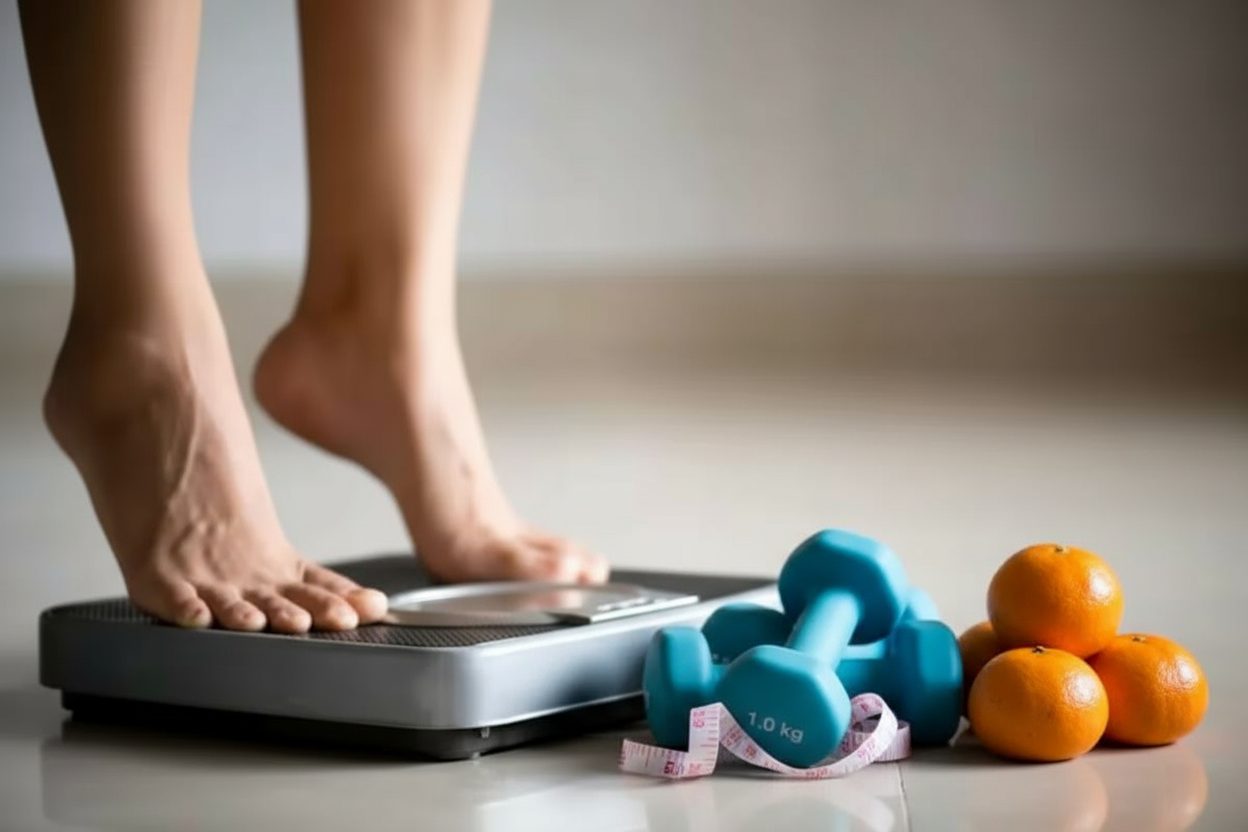
Smart Weight Gain: 3 Foods That Help You Build Strength

10 Nutrient-Packed Foods That Promote Hair Growth and Scalp Health
